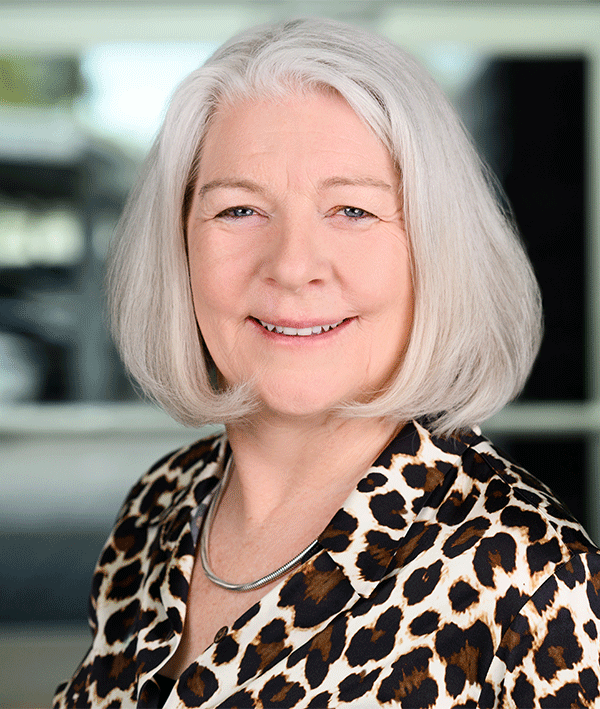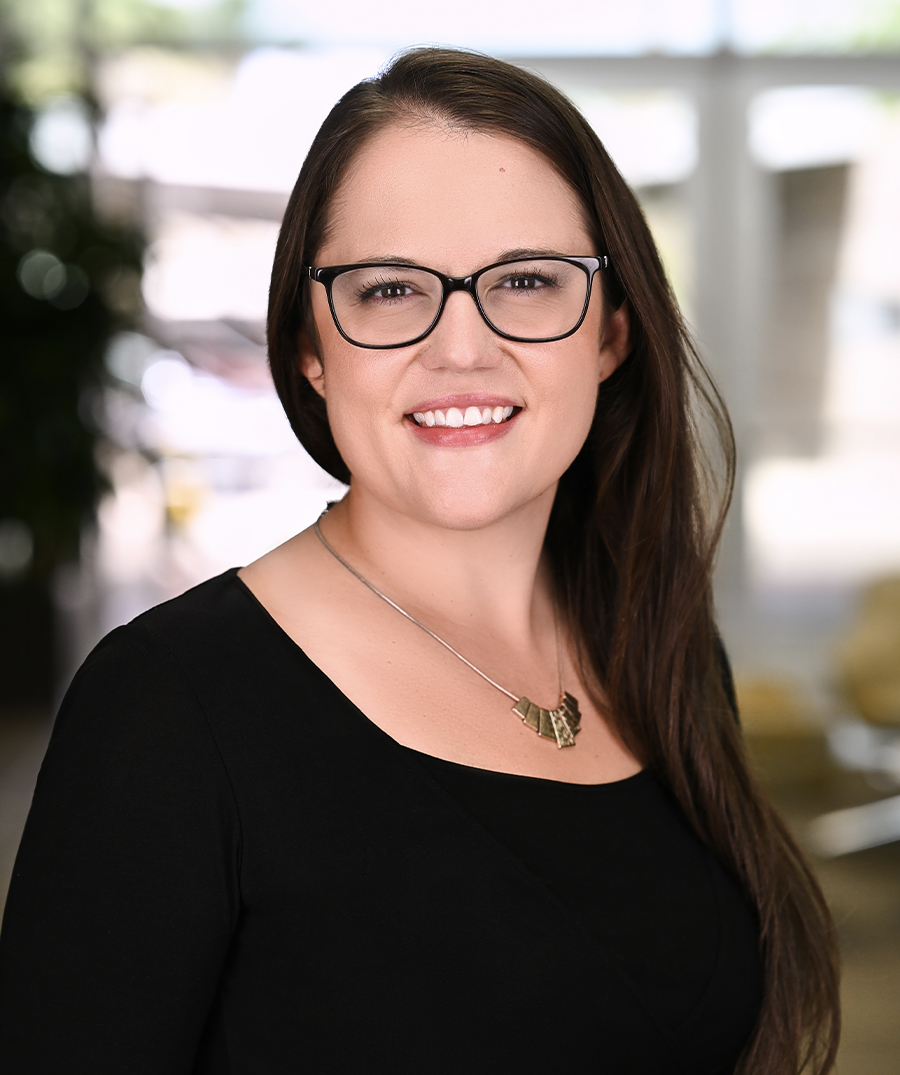Bioscience
Zito offers “Top 10” predictions for Arizona’s centennial in 2012
At the 3rd annual Governor's Celebration of Innovation awards presentation, Master of Ceremonies Ed Zito concluded with a Top 10 list of predictions for Arizona's centennial in 2012.
Arizona Town Hall to issue recommendations on the biosciences
Bioscience took center stage at the Grand Canyon earlier this month when more than 100 citizens from around the state gathered at the Arizona Town Hall to discuss and issue recommendations on "how to maximize Arizona's opportunities in the biosciences and biotechnology."
Bioscience firms help boost Arizona’s VC investments
Two bioscience-related firms are securing investments and helping to boost Arizona's venture capital to its best figure in three years.
ASU research director champions collaboration
Kathleen Matt, Arizona State University's assistant vice president for research and director of clinical partnerships, seems to be everywhere these days. You can find her working on establishing innovative collaborations with local hospitals, attending meetings for the Phoenix campus medical schools, and serving as the lead researcher for the Arizona Town Hall report. Before Matt left for the Grand Canyon, the site of this weekend's Town Hall, we stole a few minutes of her time to find out more about this champion of collaboration.
ABA awarded Flinn grant, names McGarity CEO
The Arizona BioIndustry Association has received a three-year, $600,000 matching grant from the Flinn Foundation to help the growing non-profit organization build its infrastructure through the addition of professional staff, and thus assume a greater leadership role in the development of Arizona's bioscience sector.
Arizona Town Hall tackles bioscience agenda
This weekend 150 citizens from around the state will gather at the Grand Canyon to discuss how to advance Arizona's bioscience agenda.
Report says rising costs threaten Phoenix bio, local officials disagree
Boyd published a report concluding that rising real estate prices and higher business operating costs could slow Phoenix's push to become a leading bioscience economy.
Mayo to open Valley heart transplant center
The Mayo Clinic has won approval to open a heart transplant center in the Valley.
From biz to bioscience: Chancellor paves the way for Arizona’s future workforce
Leading the nation's largest community college system as Arizona shifts to a knowledge-based economy is no small feat. But Rufus Glasper, chancellor of Maricopa County Community Colleges, is seizing the opportunity, guiding the system into the future with a strong business backbone and a firm commitment to fulfilling its mission of serving the community.



